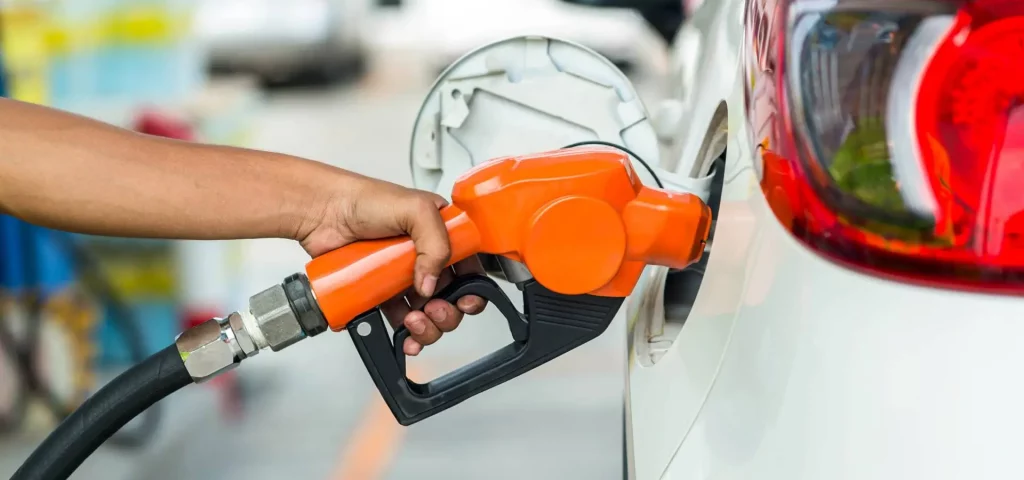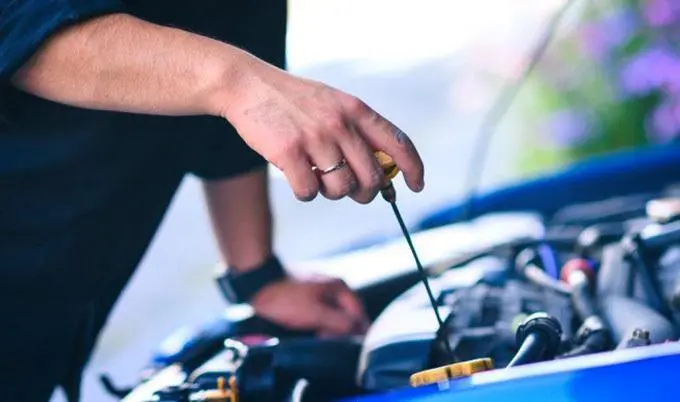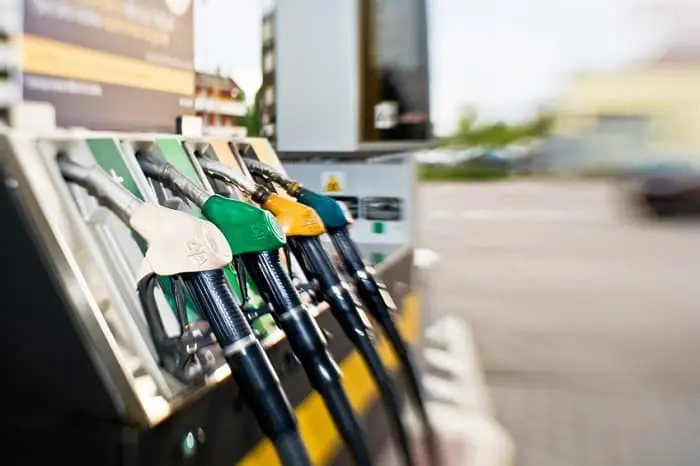In today’s world, where fuel prices fluctuate unpredictably, maximizing your vehicle’s fuel efficiency is more important than ever. Not only does improving fuel efficiency save money, but it also reduces your carbon footprint. This blog post will provide you with practical tips to enhance your vehicle’s fuel efficiency, helping you save money and contribute to a greener planet.
Why Fuel Efficiency Matters

Fuel efficiency is a measure of how effectively a vehicle uses fuel. Higher fuel efficiency means you can travel farther on less fuel, which translates to cost savings and environmental benefits. Here are several reasons why improving fuel efficiency is essential:
- Cost Savings: With fuel prices often on the rise, better fuel efficiency means less money spent at the pump.
- Environmental Impact: Efficient fuel use results in lower greenhouse gas emissions, contributing to a reduction in pollution.
- Vehicle Longevity: Efficient driving habits and regular maintenance can extend the life of your vehicle’s engine and other components.
Top Tips to Improve Fuel Efficiency
1. Maintain Your Vehicle Regularly

Regular maintenance is crucial for ensuring your vehicle runs efficiently. This includes:
- Oil Changes: Regular oil changes keep the engine running smoothly.
- Air Filters: Clean or replace air filters regularly to ensure optimal air flow to the engine.
- Tire Pressure: Keep tires properly inflated to reduce rolling resistance.
- Spark Plugs: Ensure spark plugs are in good condition for efficient combustion.
2. Drive Smoothly
Aggressive driving, such as rapid acceleration and hard braking, can significantly decrease fuel efficiency. To improve your driving habits:
- Accelerate Gradually: Take your time to reach your desired speed.
- Brake Gently: Start slowing down well before you need to stop.
- Maintain a Steady Speed: Use cruise control on highways to maintain a constant speed.
3. Reduce Vehicle Weight
Extra weight in your vehicle can reduce fuel efficiency. Here’s how to lighten the load:
- Remove Unnecessary Items: Take out heavy items that you don’t need for your journey.
- Avoid Roof Racks: If not in use, remove roof racks to reduce aerodynamic drag.
4. Optimize Aerodynamics
Your vehicle’s aerodynamics play a significant role in fuel efficiency, especially at higher speeds. To improve aerodynamics:
- Close Windows at High Speeds: Open windows increase drag; use air conditioning instead.
- Use a Roof Box: If you need extra storage, a roof box is more aerodynamic than an open rack.
5. Use the Right Fuel

Ensure you’re using the correct fuel type recommended by your vehicle manufacturer. Using premium fuel in an engine that doesn’t require it won’t improve performance but will increase your fuel costs.
6. Plan Efficient Routes
Planning your trips can save fuel by reducing unnecessary driving. Consider:
- Combining Trips: Plan to run multiple errands in one trip.
- Avoiding Traffic: Use navigation apps to find the quickest, least congested routes.
7. Monitor Your Fuel Consumption
Keeping track of your fuel consumption can help you identify patterns and make adjustments to improve efficiency. Use apps or onboard vehicle systems to monitor your fuel usage.
Conclusion
Improving fuel efficiency is a practical way to save money and reduce your environmental impact. By maintaining your vehicle, adopting smoother driving habits, reducing unnecessary weight, optimizing aerodynamics, using the right fuel, planning efficient routes, and monitoring your fuel consumption, you can significantly enhance your vehicle’s fuel efficiency.
FAQs
1. How often should I check my tire pressure?
You should check your tire pressure at least once a month and before long trips. Properly inflated tires can improve fuel efficiency and extend tire life.
2. Does driving slower always save fuel?
Driving at a moderate, steady speed generally saves fuel. However, driving too slowly, especially on highways, can be less efficient and unsafe. Aim for the speed range recommended for optimal fuel efficiency by your vehicle’s manufacturer.
3. Can using air conditioning affect fuel efficiency?
Yes, using air conditioning can reduce fuel efficiency, especially at lower speeds. However, at higher speeds, it’s more efficient to use air conditioning than to have windows open, which increases aerodynamic drag.
4. How does carrying excess weight affect fuel consumption?
Carrying excess weight can significantly reduce fuel efficiency. Every additional 100 pounds in your vehicle can reduce fuel economy by about 1%.
5. Are there any driving techniques that can improve fuel efficiency?
Yes, several techniques can help, such as accelerating gradually, maintaining a steady speed, avoiding unnecessary idling, and using cruise control on highways. These habits can lead to noticeable improvements in fuel economy.
By implementing these tips and maintaining good driving habits, you can enjoy substantial savings at the pump and contribute to a healthier environment.